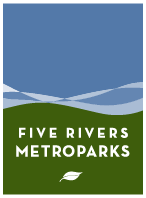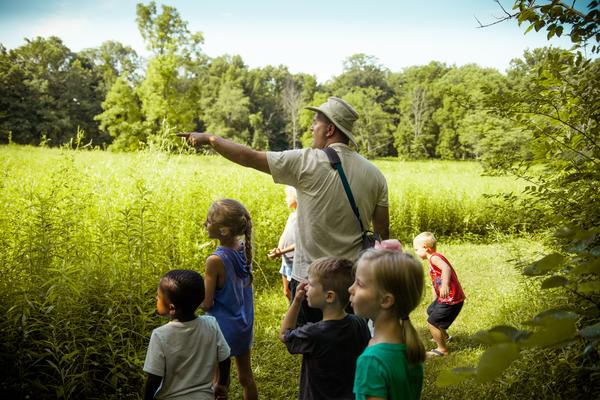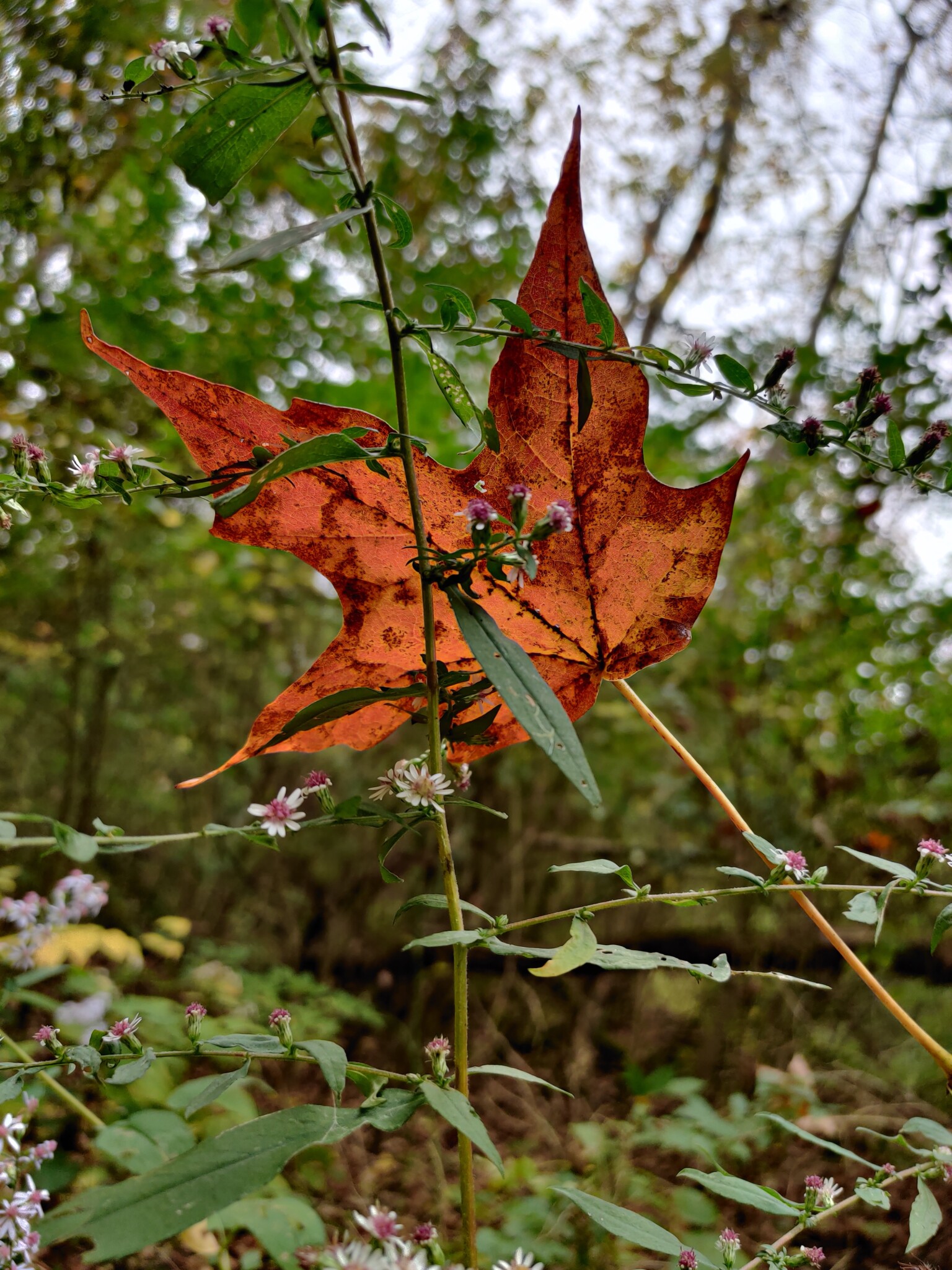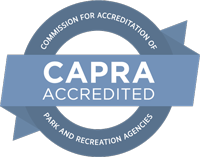Updated April 22nd, 2022
Keeping it wild
Heads up! This article was last updated 2 years ago.
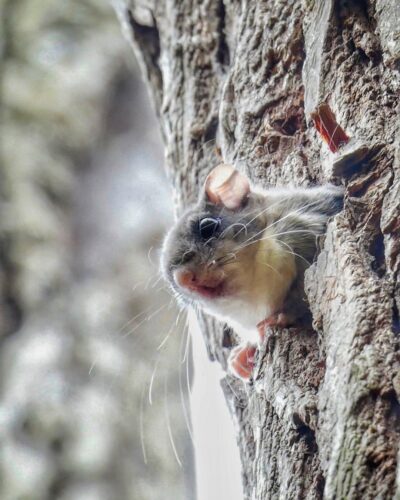
Chances are, if you’ve been in your MetroParks this season you’ve spotted wildlife, perhaps even an adorable baby animal. Spring is when many animals mate and give birth to little ones. While spotting any animal in the wild can be exciting, there a few things to remember when you come across a furry, scaly, feathered or slimy friend.
No need to babysit: While baby animals may be alone, they do not necessarily need help. It’s very rare that an animal’s parents will abandon their young. Often, you may not see the parents, but they are nearby.
For example, during the first two weeks of a fawn’s life, it is too weak to travel. For this reason, does will “hide” their young 12 to 18 hours at a time while they go feed by themselves. Once weaned, young deer stay with their mothers for several months before heading off on their own.
Worried about animals in your yard, such as bunnies? Rabbits only feed their young for a few minutes at dawn and dusk. Do not disturb rabbit nests, as their mom is nearby. Mother rabbits avoid staying by their nests so they don’t attract predators to their babies.
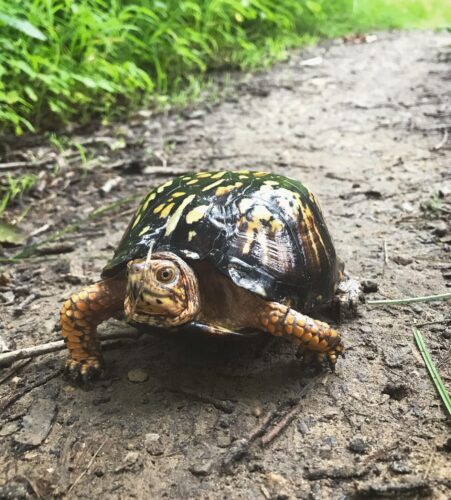
Leave No Trace: Respecting wildlife by keeping a safe distance from all animals is important – especially babies. Do not touch or move any animal. Avoid hovering over an animal or making loud noises around it. This causes stress, which is detrimental to all animals – especially babies.
Another effective way to ensure you and local wildlife remain stress-free is to keep your pets leashed during your MetroParks visit. No matter how well trained your furry friend is, it may get excited when it sees an animal in the wild and chase after it. Naturally, parkgoers do not want to lose their pets on the trails or want their pets to harm wildlife. For the safety of MetroParks staff, parkgoers, their pets and local wildlife, dogs must be on a leash no longer than eight feet and under control at all times in MetroParks. Additionally, dogs are not permitted in Aullwood Garden MetroPark to protect the delicate wildflowers that grow in the park.
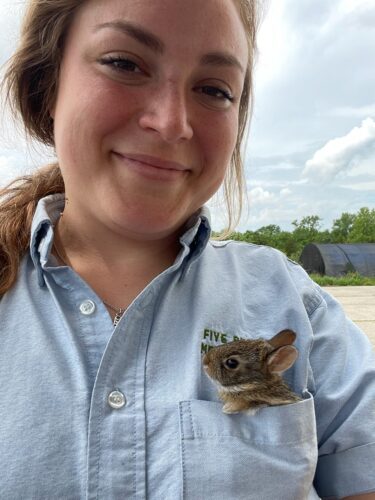
What if an animal is hurt or in danger? We all want to protect wildlife in the parks and make sure they thrive. Sometimes, the best thing you can do for an animal that may look like it’s struggling is to remain calm and observe. For example, juvenile birds that are hopping around may look like they are struggling, but these young fledglings are just developing their wings.
If an animal is truly hurt or in distress, the best thing to do to notify Five Rivers MetroParks by calling 937-275-PARK. MetroParks staff and rangers have the knowledge and expertise to handle animals, whether they’re snapping turtles trying to cross the road or owlets fallen from their nest.
Additionally, MetroParks often must call in other local agencies with the veterinary skills and materials needed to treat hurt and sick animals. Local organizations, such as the Brukner Nature Center and Glen Helen Raptor Center, work with MetroParks to rehabilitate and reintroduce animals to the wild.
Have you spotted a cool animal, bird or insect in MetroParks? Be sure to tag us in your pictures on Facebook (@FiveRiversMetroParks), Instagram (@metroparks) and Twitter (@metroparkstweet).
